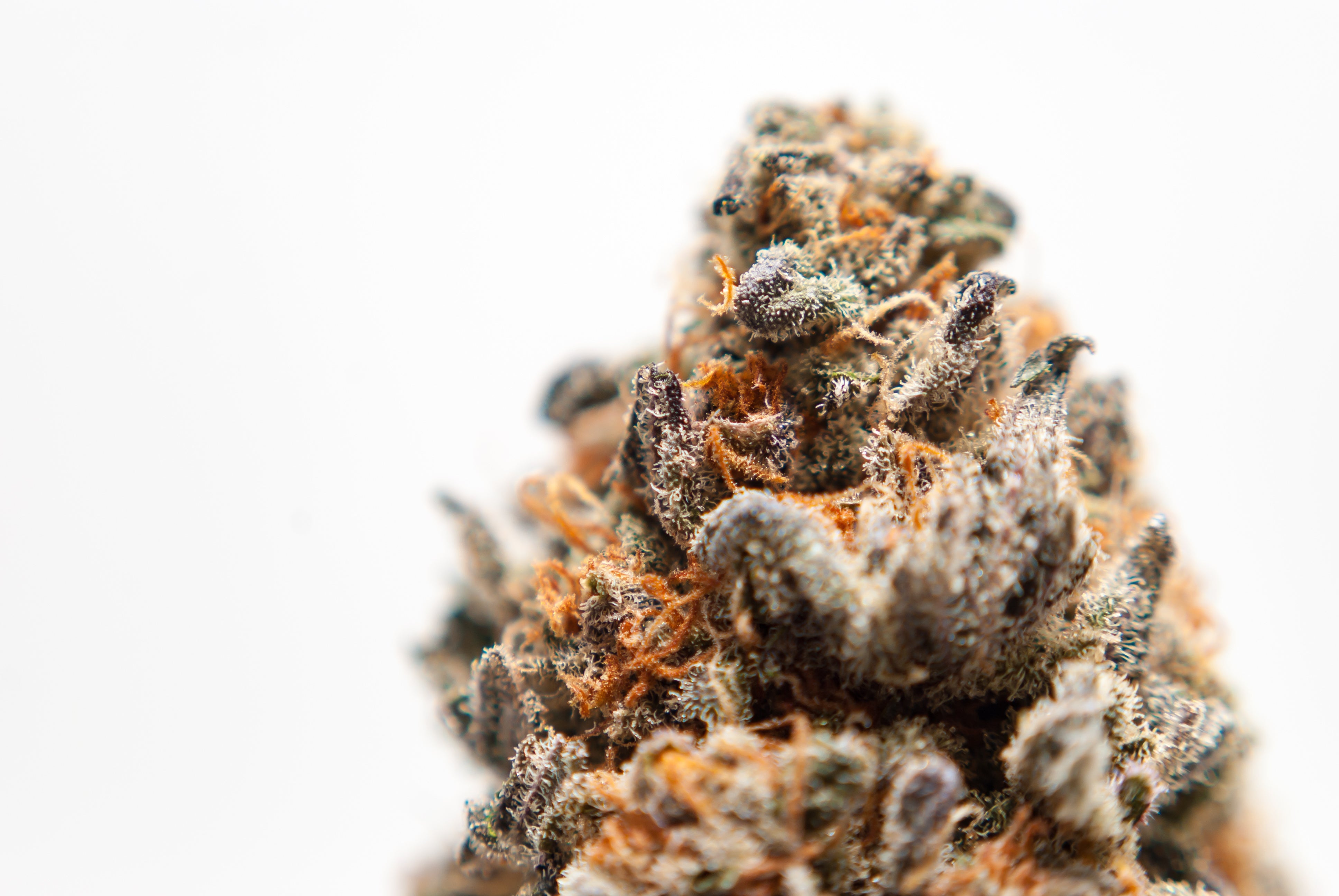How CBD Works With Your Body
The Endocannabinoid System (ECS)
Endocannabinoid Receptors
CBD does not bind to CB1 And CB2; it activates them both, simultaneously it influencing the body to use its own endocannabinoids more effectively. It increases the release of 2-AG, an endocannabinoid that also stimulates CB1 And CB2.
-CB1 receptors are predominantly found in our nervous system, connective tissues, glands, and residually found in the kidneys, lungs, and liver. CB1 seem to play a role in the maintenance of homeostasis, our bodies internal stability, and affects the production and spread of neurotransmitters. Several studies suggest that CB1 also influence pain tolerance, appetite, memory and focus, as well as pleasure.
Other Affected Receptors
CBD gets some of it's anti-anxiety and anti-inflammatory effects from the activation of adenosine receptors. Adenosine receptors are involved in the release of dopamine and glutamate, two major neurotransmitters.
-
Dopamine play a crucial role in motor control, motivation, cognition and reward mechanisms.
-
Glutamate is involved in memory, learning and comprehension.
Cannabidiol effects opioid receptors, known for their role in pain regulation. CBD "specifically attenuated (weakened) heroin-seeking behavior," Opioid receptors are the key targets of highly abused pharmaceutical pain killers, such as morphine, heroin, and fentanyl.
CBD’s blockage of GPR55 activity contributes to reducing inflammatory and neuropathic pain. This reduces seizures effectively by blocking the activity in the hippocampus, a prominent brain region for seizure activity, and restoring brain inhibition. Crohn’s disease and ulcerative colitis are the most common forms of inflammatory bowel disease, and patients who suffer from these diseases have elevated GPR55 levels. Blocking GPR55 activity by ingesting CBD is theorized to reduce gastrointestinal inflammation.
CBD and Cancer
While we can't legally say cannabis interacts with cancer cells, we can point to the following research:
-
“In verified cell lines—which is often the first stage of cancer research—GPR55 activation is thought to have pro-tumor effects while blockade of GPR55 activity (i.e., the effects of CBD) has anti-tumor effects in colorectal cancer, breast cancer, pancreatic cancer, and brain cancer. CBD’s direct effect on these cancers remains an exciting yet untested future direction of cancer research.”- Josh Kaplan (April 4, 2018 What Is the GPR55 Receptor and Why Is It Important in CBD’s Benefits?)
-
“Studies in mice and rats have shown that cannabinoids may inhibit tumor growth by causing cell death, blocking cell growth, and blocking the development of blood vessels needed by tumors to grow. Laboratory and animal studies have shown that cannabinoids may be able to kill cancer cells while protecting normal cells,”
-
“A study in mice showed that cannabinoids may protect against inflammation of the colon and may have potential in reducing the risk of colon cancer, and possibly in its treatment.” states the NCI (National Cancer Institute) "A laboratory study of cannabidiol in estrogen receptor positive and estrogen receptor negative breast cancer cells showed that it caused cancer cell death while having little effect on normal breast cells.”
- "Cannabinoids may have benefits in the treatment of cancer-related side effects," states the National Cancer Institute "Cannabis has been shown to kill cancer cells in the laboratory."
Endocannabinoid Deficiency (CED) Theory
As mentioned, we must keep our endocannabinoid system balanced to function optimally. The Endocannabinoid Deficiency Theory (CED) states that if our system is unbalanced, we could have issues with digestion, mood, pain tolerance and sleep, along with the other physiological systems that are affected by the Endocannabinoid System (ECS). The CED theory also proposes that these deficiencies could arise due to genetics or could be acquired from certain injuries or disease. Migraine, fibromyalgia, and irritable bowel syndrome (IBS) may be evidence for the CED Theory. They all show increased likelihood of anxiety or depression. All three are diagnosed based on subjective criteria, and none show physical evidence or objective laboratory findings, leading them all to have been labeled psychosomatic at some point. While some only have one of these syndromes, risk of developing multiple is common.
*These statements and products have not been evaluated by the Food and Drug Administration. This is not intended to diagnose, treat, cure, or prevent any disease.



Share: